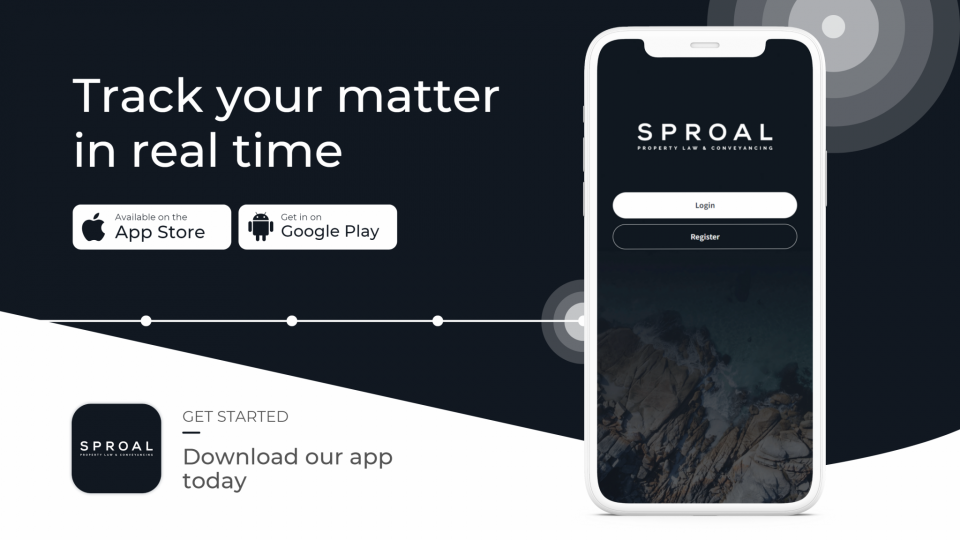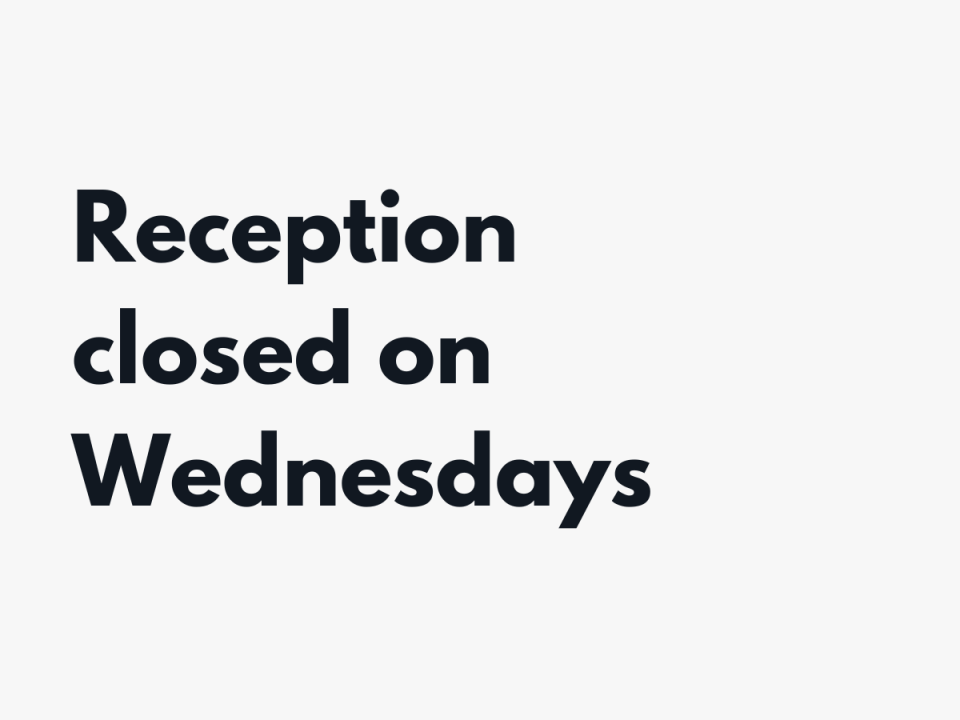- Launceston, TAS, 7250
- Mon to Fri 9.00 am to 5.00 pm
- 03 6331 5500
- info@sproal.au
Ten benefits of typing over handwriting your contract details

Despite living in the digital age, we still see many handwritten contracts. By handwritten contract, we mean a standard form contract with the offer details completed by hand. When we review a handwritten contract before our client signs it, we often replace it with a typed version. It's usually easier to start from scratch than make additions or amendments to existing details with limited space and turn the contract into a mess with our handwriting.
There's more to it, however. The psychology of presentation and perception plays a significant role in many decisions, including real estate decisions. A vendor's perception of an offer can be influenced by how that offer is presented. Here are some benefits of typing to think about before you handwrite your offer:
- First impressions matter: Just as with personal interactions, the first impression of a contract can set the tone for how it's received. A neatly typed, well set-out contract can immediately convey seriousness and professionalism.
- Easier to process: Research shows that when information is easier to process (legible, clear, and organised), people are more likely to view it favourably. A typed contract can be more quickly understood, leading to a more positive reception by the vendor.
- Perceived value: People tend to associate quality and value with aesthetics and presentation. A polished-looking offer might be perceived as coming from a buyer who is more reliable, trustworthy, or serious.
- Reduction of uncertainty: Handwritten offers might introduce ambiguity due to illegible handwriting or unclear terms. Ambiguity can lead to discomfort or mistrust, making a vendor less likely to accept your offer. A typed offer reduces such ambiguities.
- Authority and commitment: A typed document often carries an aura of authority. It seems more 'official', suggesting you are committed and have perhaps invested in seeking legal advice.
- Consistency and predictability: People typically prefer consistency and predictability. Typed offers are consistent in appearance, which might make vendors feel more at ease, believing the sale will proceed without unexpected hiccups. When we prepare contracts, we always follow the same neat and well-organised format.
- Reciprocity: On a subconscious level, if you put in the effort to present a neat, well-organised offer, a vendor might feel a subtle pressure or desire to reciprocate the effort. This might mean they give your offer more consideration or are more willing to negotiate.
- Reduction in cognitive load: A cleanly typed offer reduces the cognitive load on the vendor. They don't have to strain to understand terms or decipher handwriting. This smoother process can lead to a more positive association with the offer itself.
- Reflects modern standards: In today's digital age, typed and digitally shared contracts are becoming the norm. A handwritten offer might seem outdated or out of touch, which could subconsciously influence the vendor's perception of you.
- Aesthetics and pleasure: Beyond just the practicality, there's a simple pleasure in seeing an aesthetically pleasing contract (to us, at least). A well-formatted, typed contract can evoke a positive emotional response, however subtle.
In short, if your offer looks good, it hints to the vendor that it is good.
While the core terms of an offer (like price, conditions and timelines) are undoubtedly the primary considerations for vendors, the psychological impact of presentation shouldn't be underestimated. Making that extra effort to present a professional, typed offer could tilt the balance in your favour, especially in multiple-offer situations.
All material on this site is provided for information purposes only. The contents do not constitute legal advice, are not intended to be a substitute for legal advice and should not be relied upon as such. You should seek legal advice or other professional advice in relation to any particular matters you or your organisation may have. If there are any issues you would like us to advise you on arising from this material, please get in touch.

Related posts


